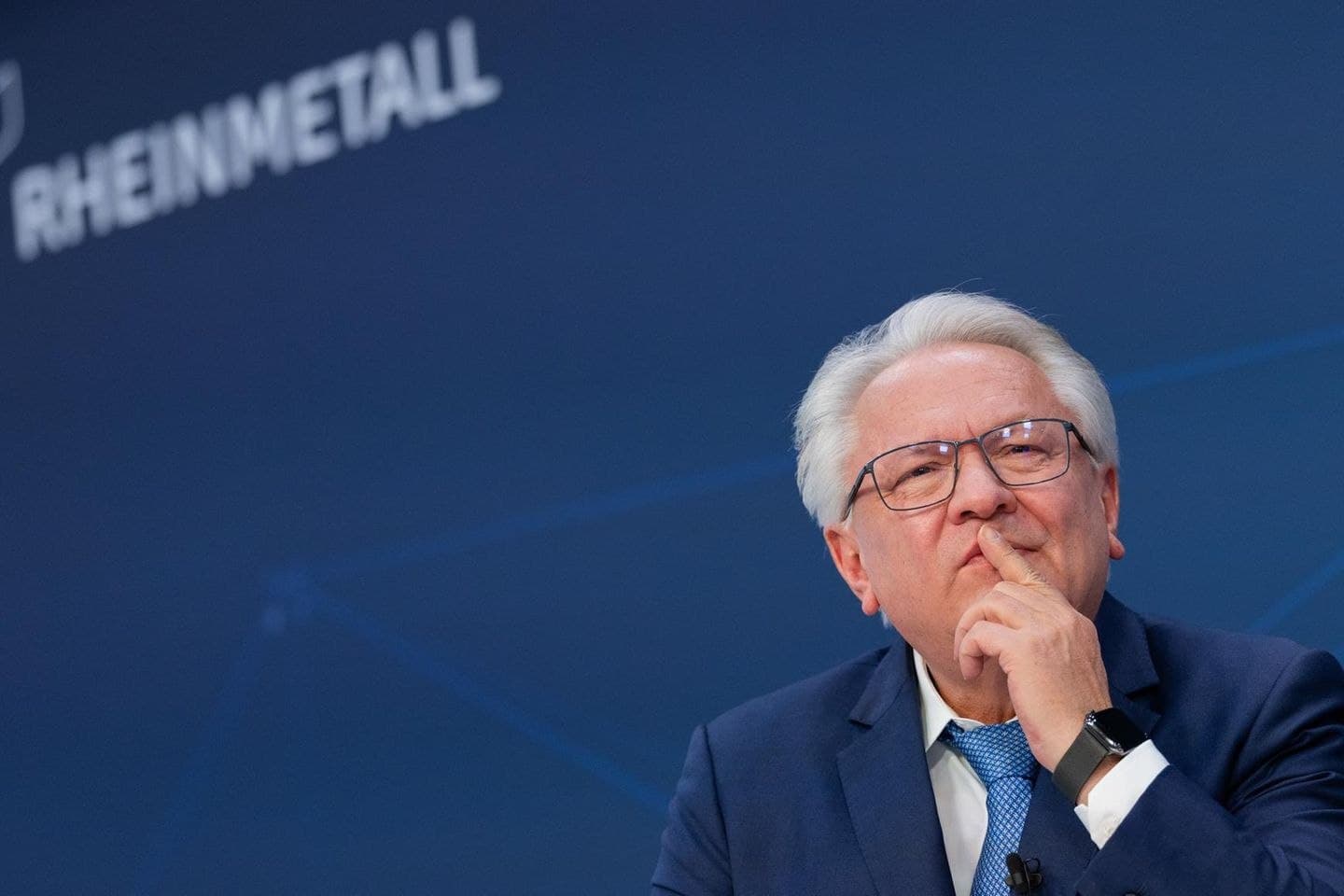Rheinmetall CEO Predicts Drop in Tank and Artillery Prices Amid Europe"s Defense Surge
In a bold prediction reflecting the shifting landscape of European defense, Armin Papperger, CEO of German defense manufacturer Rheinmetall, announced that the costs associated with tanks, armored vehicles, and artillery systems are set to decrease significantly. This forecast comes in the wake of rising defense budgets across Europe, particularly Germany"s ambitious €30–35 billion program aimed at expanding its military capabilities. With an expected total of €80 billion in orders by mid-2026, the defense sector stands on the brink of a transformative era driven by economies of scale and increased automation.
Background & Context
The backdrop of Papperger"s statement is a rapidly evolving geopolitical climate in Europe, where the war in Ukraine has catalyzed a reevaluation of defense priorities among many nations. As countries reassess their military readiness, defense budgets have surged, prompting significant investments in modernizing and expanding armed forces. Germany"s commitment to bolster its military capabilities follows a long-standing policy of restraint, shifting towards a more proactive defense posture. This shift is not just a reaction to immediate threats but also an acknowledgment of the importance of maintaining a robust defense industry.
Rheinmetall, one of Europe"s leading defense contractors, has positioned itself at the forefront of this movement. With a history steeped in military manufacturing, the company is now poised to capitalize on the increased demand for advanced military hardware. Papperger"s insights suggest that as production ramps up to meet this demand, costs will decrease—a significant factor for governments looking to balance their defense spending with other pressing needs.
Key Developments
Papperger highlighted that the anticipated drop in prices for military equipment is largely due to economies of scale achieved through increased production rates. As European nations invest heavily in their defense sectors, the cumulative effect of thousands of orders will streamline production processes and reduce per-unit costs. This trend is already evident in the ammunition sector, where prices have reportedly fallen following a tenfold increase in production capabilities.
The CEO emphasized that automation will play a crucial role in this evolution. By integrating advanced technologies into manufacturing processes, Rheinmetall aims to enhance efficiency and reduce labor costs, further contributing to lower prices for end products. "The more we produce, the cheaper it gets," Papperger stated, underscoring the potential for significant cost reductions in the coming years.
Broader Impact
The implications of Rheinmetall"s forecast extend beyond just price reductions. A decrease in military hardware costs could encourage European nations to expand their arsenals, thereby enhancing collective security and deterrence capabilities against potential threats. Moreover, it could stimulate competition among defense manufacturers, fostering innovation and driving further advancements in military technology.
Experts suggest that this shift could also have a ripple effect on global defense markets. As European countries modernize their forces, other regions may follow suit, leading to an overall increase in military spending worldwide. This trend mirrors previous historical contexts where heightened geopolitical tensions prompted arms races, which in turn influenced global economic dynamics.
What"s Next
Looking ahead, the defense landscape in Europe is likely to undergo significant changes as nations finalize their military budgets and procurement strategies. With Rheinmetall"s projections in mind, defense ministries will need to consider how to best allocate resources in light of potentially lower costs. This could lead to accelerated timelines for acquiring new technologies and capabilities.
As previously reported, the evolving geopolitical situation necessitates that countries remain agile and responsive to emerging threats. The focus on modernizing military capabilities will likely be a central theme in upcoming defense discussions across Europe. Additionally, as nations begin to see the financial benefits of increased production and automation, further investments in research and development could follow, setting the stage for a new era in military technology.
In this context, industry stakeholders will be keenly monitoring developments and potential shifts in procurement strategies, as well as the broader implications for international security dynamics. The coming years will be critical in shaping the future of European defense, with Rheinmetall at the forefront of this transformation.







![[Video] Gunfire between Iraqi security forces and Sadr militias in Baghdad](/_next/image?url=%2Fapi%2Fimage%2Fthumbnails%2Fthumbnail-1768343508874-4redb-thumbnail.jpg&w=3840&q=75)
